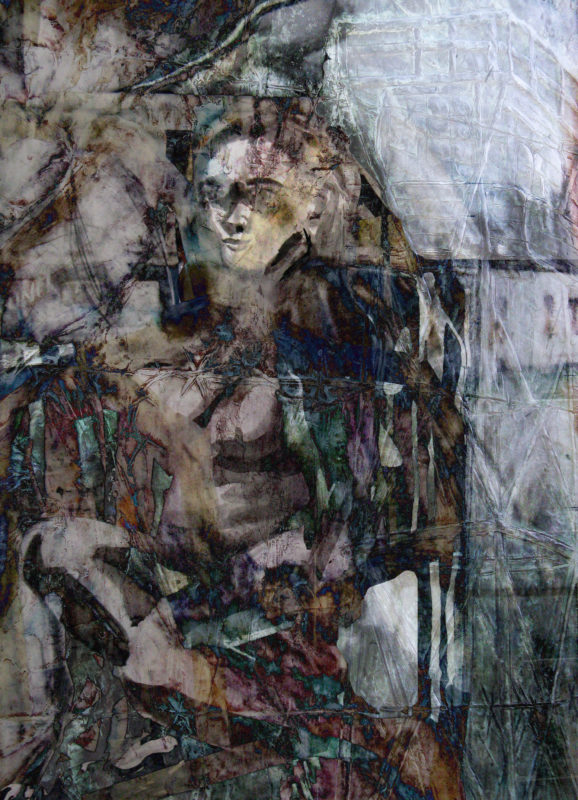The pendulum has swung back in current assessments of German resistance to the Hitler regime. Earlier historians condemned an entire people for blindly and passively following fascistic leadership into the abyss, dissecting the authoritarian personality structure of an entire nation, the inbred conformity. Praise went to the very few public exceptions, like the von Stauffenberg plot of July 20th, or the siblings Scholl of the White Rose. More recent debate has explored what it means to live in a totalitarian state, where a method of punishment was taking hostage of kith and kin, and where the ruthless and systematic nature of Nazi surveillance and repression eliminated most possibilities of domestic opposition. With the onset of the war any and all regime criticism was considered treason, punishable by death.
I do not know what I would have done. All the more reason to remember the brave.

The Brave
The brave know
They will not rise again
That no flesh will grow around them
On Judgement morning
That they won’t remember anything
That they won’t see anyone ever again
That nothing of theirs is waiting
No salvation
No torture
I
Am not brave.
Marie Luise Kaschnitz (translated by Eavan Boland)






Lee Musgrave
Very strong visual and text to aid in learning the lessons of the past. An equal if not greater effort is constantly needed to appreciate the present and to dream the future.
friderikeheuer@gmail.com
I like the phrase dream the future – so necessary in a world gone mad. I used one of my chalk drawings for image superimposed on a photograph.
Martha Ullman West
My husband, historian Franklin C. West, was not one of the condemnatory historians of 20th century Germany; nor were his professors at Cal in the early sixties: Werner T. Angress, Karl Schorske, Hans Rosenberg. Nobody, I think, knows what they would do in a given situation until they are in it, and I believe thinking people know that and resist condemning others.
A beautiful image, Friderike, thank you.